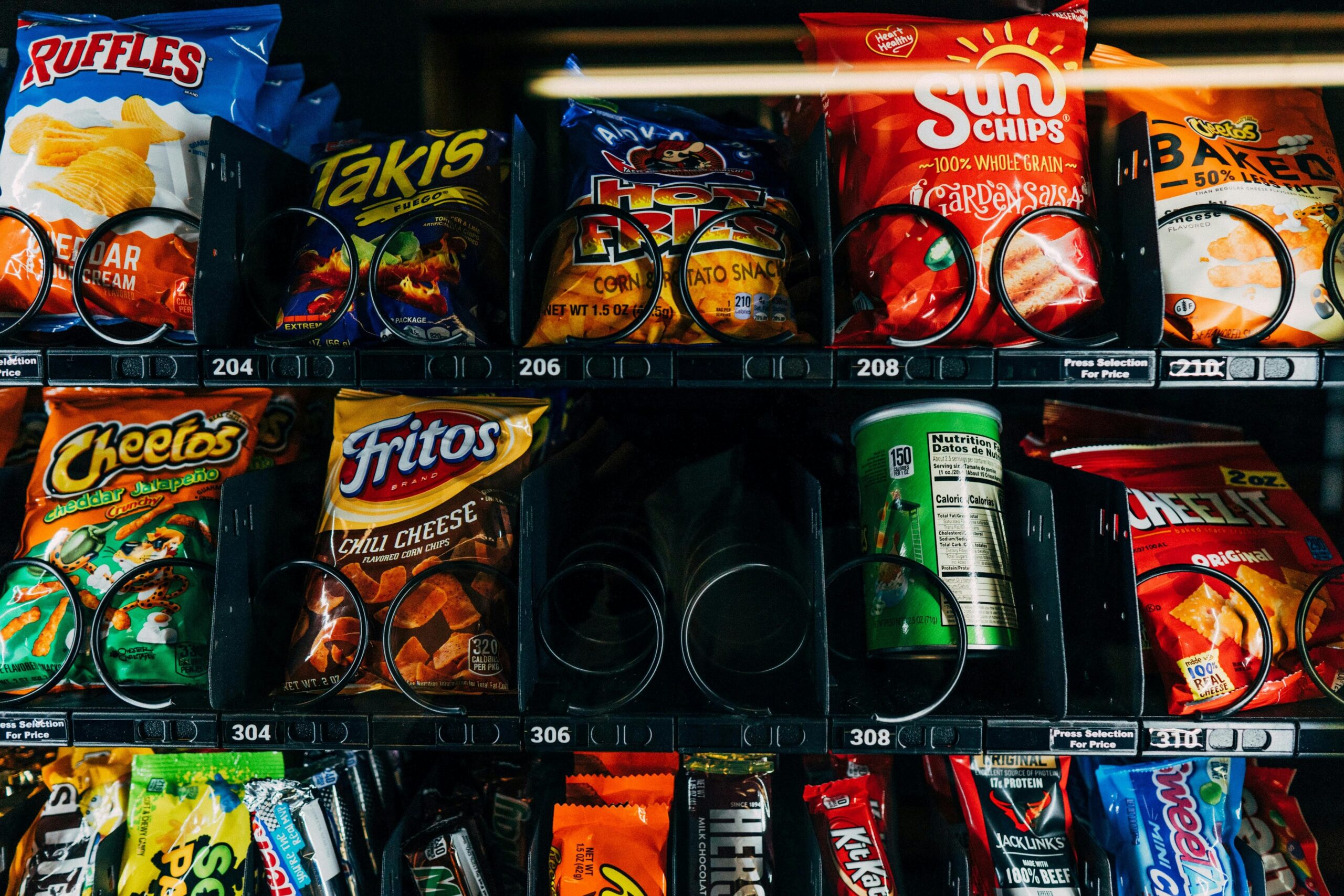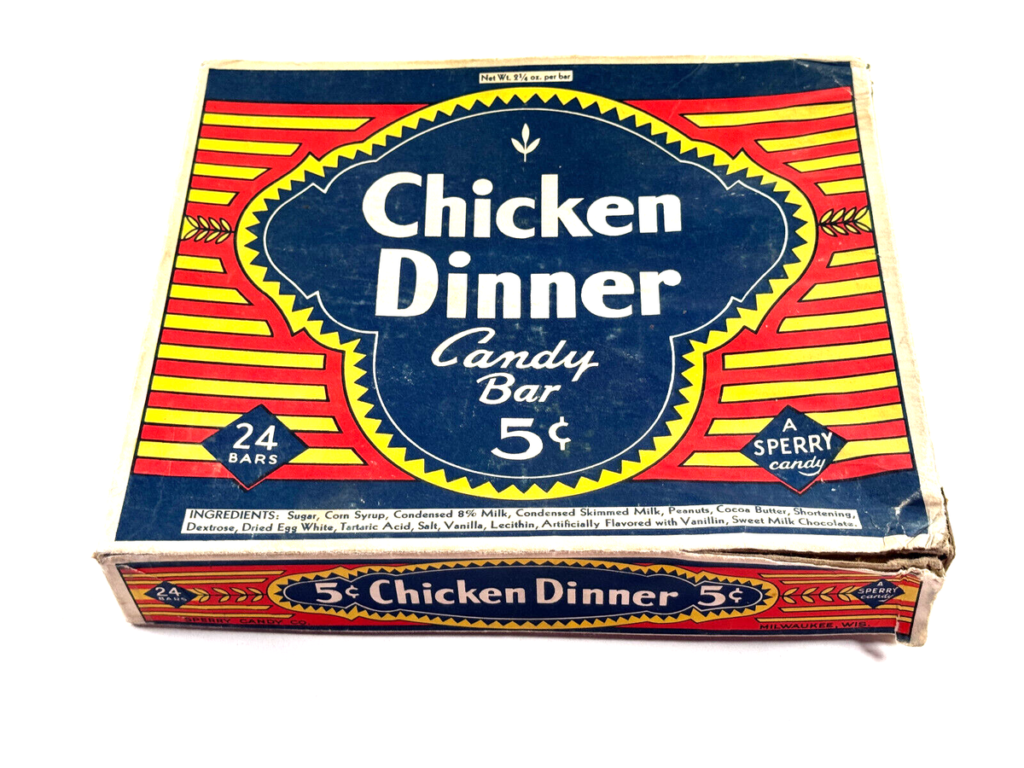Snacking: The Hidden Cause of Weight Gain & Metabolic Chaos (And How to Fix It)

🔥 “Tired of Being a Slave to Snack Cravings?
Your body wasn’t designed for constant grazing, it was built for feasting and fasting. But breaking free from processed snacks isn’t easy when Big Food has spent a century addicting us.
The word “snack” didn’t even enter the English lexicon until 1807, meaning “have a mere bite or morsel”. In 1923, the “snack bar” entered into English royalty, meaning “counter from which snacks are served”.
Throughout much of history, snacking was largely frowned upon and even forbidden in many cultures, particularly in the Western world. In our more distant history, snacking wasn’t an option because food had to be gathered or killed, and preservation options were limited. In medieval Europe, eating between meals was considered gluttonous and undisciplined, often discouraged by religious and social norms that emphasized structured mealtimes.
Early modern etiquette books and health guides reinforced the idea that respectable individuals only ate at designated times. It wasn’t until the 1800s and especially the early 1900s, with the rise of industrialization, urbanization, and canned or packaged food, that attitudes toward snacking began to shift. As people began working longer hours in factories and cities, the need for convenient, portable food grew, and snacks like crackers, candy, and eventually potato chips became widely accepted and even marketed as modern and enjoyable parts of everyday life.

A candy bar called Chicken Dinner. Introduced in 1923 by the Sperry Candy Company of Milwaukee, the oddly named bar sold for 10 cents and featured a roasted chicken on each package.
Humans were divinely designed with remarkable metabolic flexibility, allowing us to thrive during periods of both feast and famine through mechanisms that support extended fasting. This adaptability is rooted in our physiology, particularly our ability to shift between glucose and fat as primary fuel sources. When food intake is limited, the body transitions from using glycogen stores in the liver to breaking down fat into ketone bodies—a process known as nutritional ketosis.
These ketones, including beta-hydroxybutyrate, serve as efficient fuel for the brain and other organs, preserving muscle mass and maintaining energy levels. Our ancestors often faced irregular food availability, and this ability to fast for long periods without harming cognitive or physical function was essential for survival. Hormonal changes during fasting, such as increased growth hormone and lowered insulin levels, further promote fat burning and cellular repair. This elegant metabolic design not only highlights our body’s resilience but also reflects a purposeful creation equipped to handle natural cycles of abundance and scarcity.
Snacking is the root cause of the obesity and type 2 diabetes epidemics in America today, largely driven by the rise of processed foods, aggressive food engineering, and strategic marketing by the food industry. In the mid-20th century, advances in food technology led to the mass production of inexpensive, shelf-stable snacks high in sugar, refined carbohydrates, and unhealthy fats.
These foods were deliberately engineered to be hyper-palatablen designed to trigger cravings and override natural hunger cues. At the same time, food companies launched aggressive marketing campaigns targeting children and busy adults, promoting the idea that constant snacking was not only convenient but necessary for energy and health. How many times have we been told that breakfast is the most important meal of the day, and that we need to eat at least five times a day to “keep our energy up”?
As a result, eating patterns shifted from two or three structured meals a day to near-constant grazing, which keeps insulin levels chronically elevated and impairs metabolic flexibility. This metabolic overload contributes directly to weight gain, insulin resistance, and eventually type 2 diabetes. What began as a marketing strategy has evolved into a public health crisis, with the snack food industry profiting at the expense of our health and well-being.

